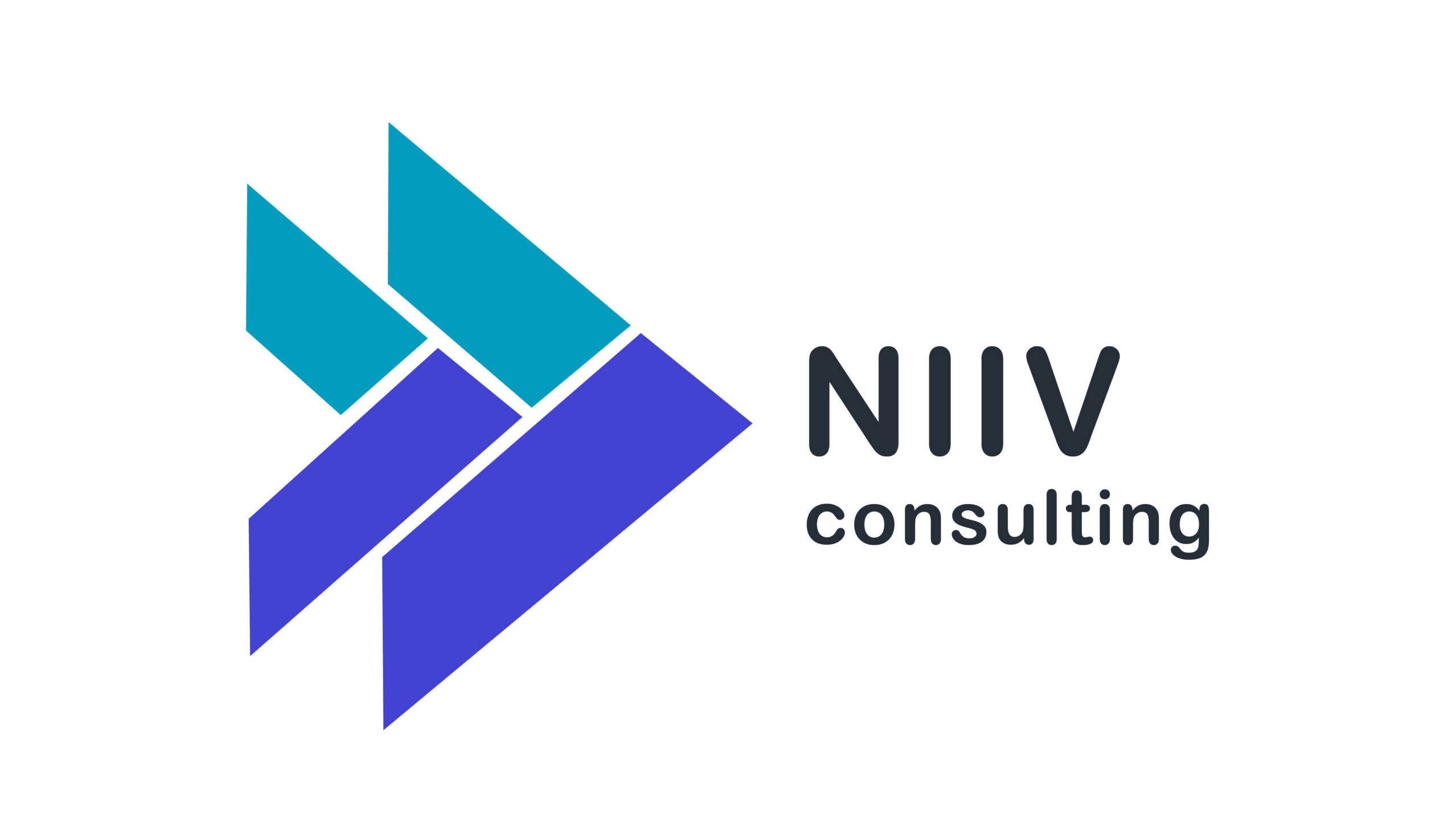
Enterprise Applications Expertise
Enterprise applications, supported by enterprise integration patterns, EAI, and CRM systems, are crucial for optimizing business operations and driving growth. By leveraging these technologies, organizations can achieve seamless integration, improved data management, and enhanced customer relationships, leading to long-term success.
We provide expertise in enterprise applications enabling customers to optimize their business processes and enhance operational efficiency.
NIIV provides Enterprise Applications Expertise for :
- ERP – Enterprise Resource Planning
- CRM – Customer Relationship Management
- HRIS – Human Resource Information Systems
- Business intelligence (BI)
What Are Enterprise Applications?
Enterprise applications are large-scale software solutions designed to support and enhance the operations of an entire organization. They integrate various business functions, from financial management to customer relations, into a cohesive system. These applications help organizations manage complex processes, improve productivity, and achieve strategic goals.

Harnessing the Power of Enterprise Applications for Business Success
In the digital age, enterprise applications play a critical role in driving organizational efficiency and competitiveness. By focusing on enterprise integration patterns, enterprise application integration, and enterprise CRM systems, businesses can streamline operations, enhance data management, and improve customer relationships.
The Importance of Enterprise Integration Patterns
Enterprise integration patterns are fundamental for connecting diverse systems and ensuring they work together seamlessly. These patterns provide standardized approaches to integrating different applications and data sources within an enterprise. By utilizing these patterns, businesses can create robust integration solutions that ensure smooth data flow and interoperability across various systems.
Maximizing Enterprise CRM Systems
Enterprise Customer Relationship Management (CRM) systems are vital for managing and analyzing customer interactions and data across multiple touchpoints. A well-implemented CRM system helps businesses track customer interactions, manage sales pipelines, and enhance customer service. By leveraging enterprise CRM, organizations can gain valuable insights into customer behavior, tailor their marketing strategies, and build stronger, more personalized relationships with their clients.

Enterprise Application Integration (EAI)
Enterprise application integration (EAI) is the process of linking different software applications within an organization to facilitate seamless communication and data exchange. EAI solutions enable disparate systems to work together efficiently, reducing redundancies and improving operational effectiveness. Implementing EAI allows for real-time data synchronization, enhances system performance, and supports more informed decision-making.
Benefits of Enterprise Applications
- Seamless Integration: Using enterprise integration patterns and EAI ensures that all your business applications work together harmoniously, leading to improved efficiency and reduced operational friction.
- Enhanced Data Management: Integrating enterprise applications allows for centralized data management, improving accuracy and accessibility across the organization.
- Improved Customer Engagement: Enterprise CRM systems help businesses better understand their customers, leading to more effective engagement strategies and higher customer satisfaction.
- Operational Efficiency: Enterprise applications streamline business processes, automate tasks, and support better decision-making, driving overall productivity and efficiency.
Selecting the Right Enterprise Solutions In RENO
When choosing enterprise applications, it’s essential to consider their ability to integrate with existing systems, support business processes, and enhance CRM capabilities. Effective enterprise applications provide a comprehensive solution that aligns with your strategic objectives and operational needs.

